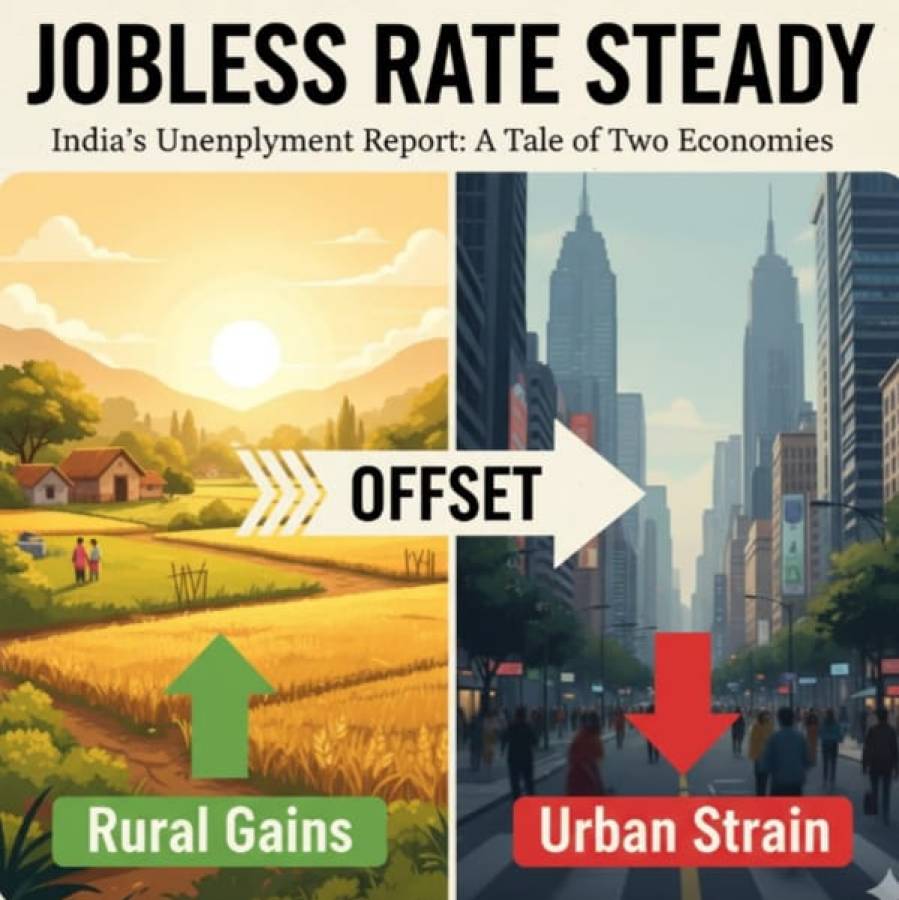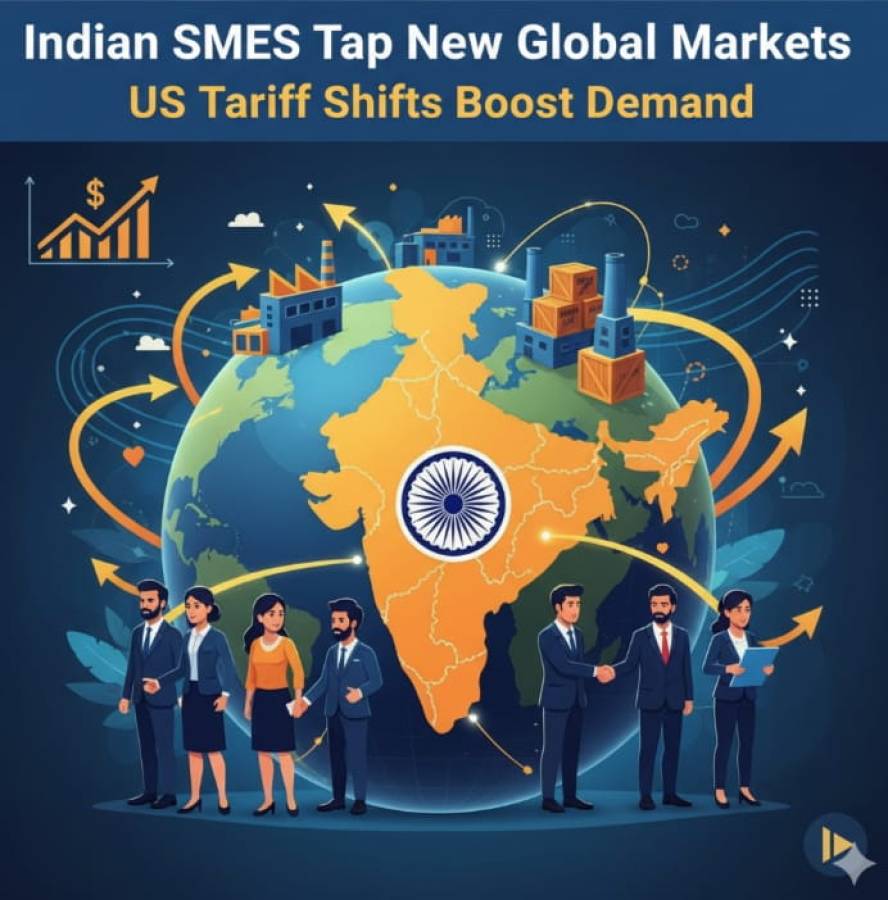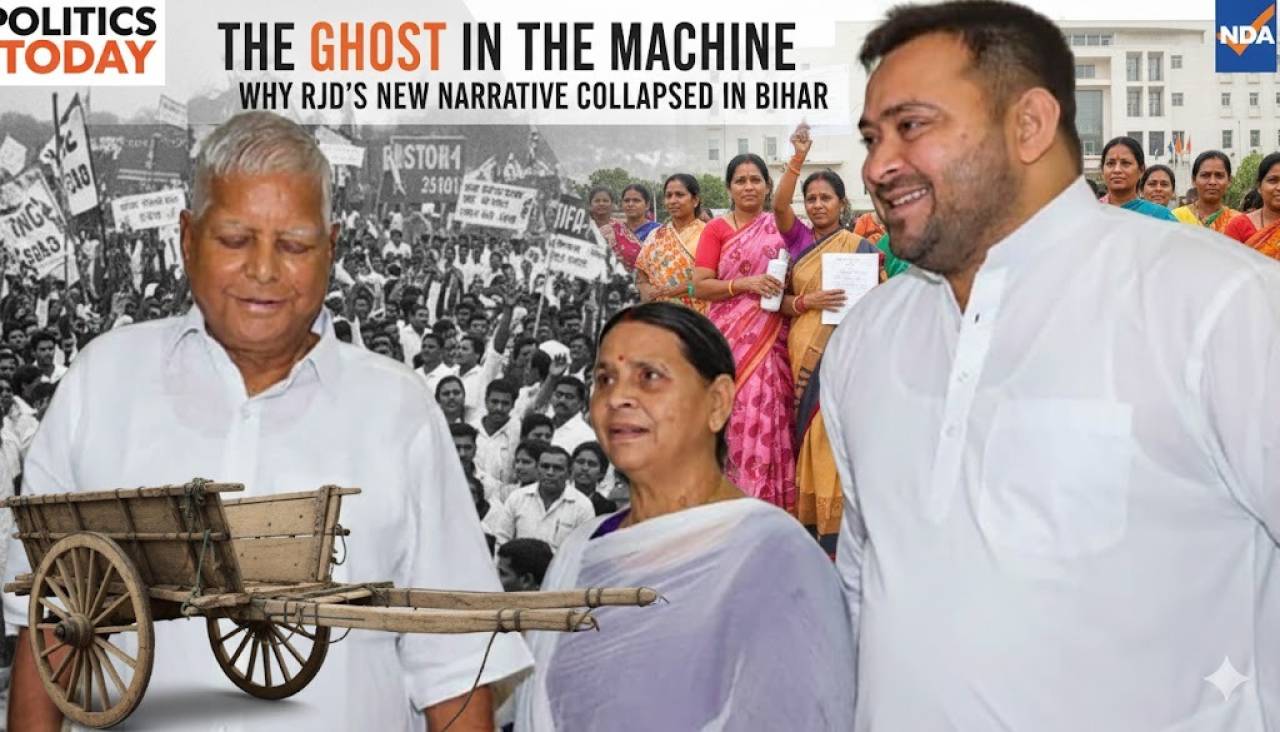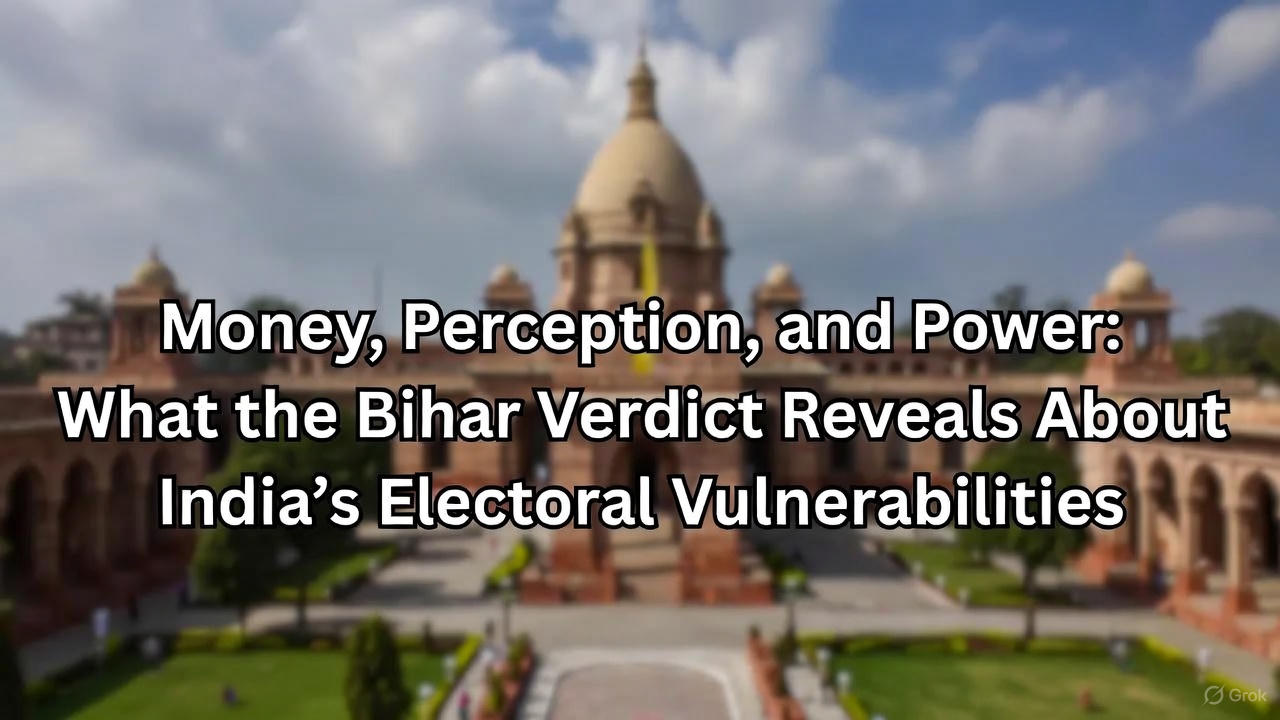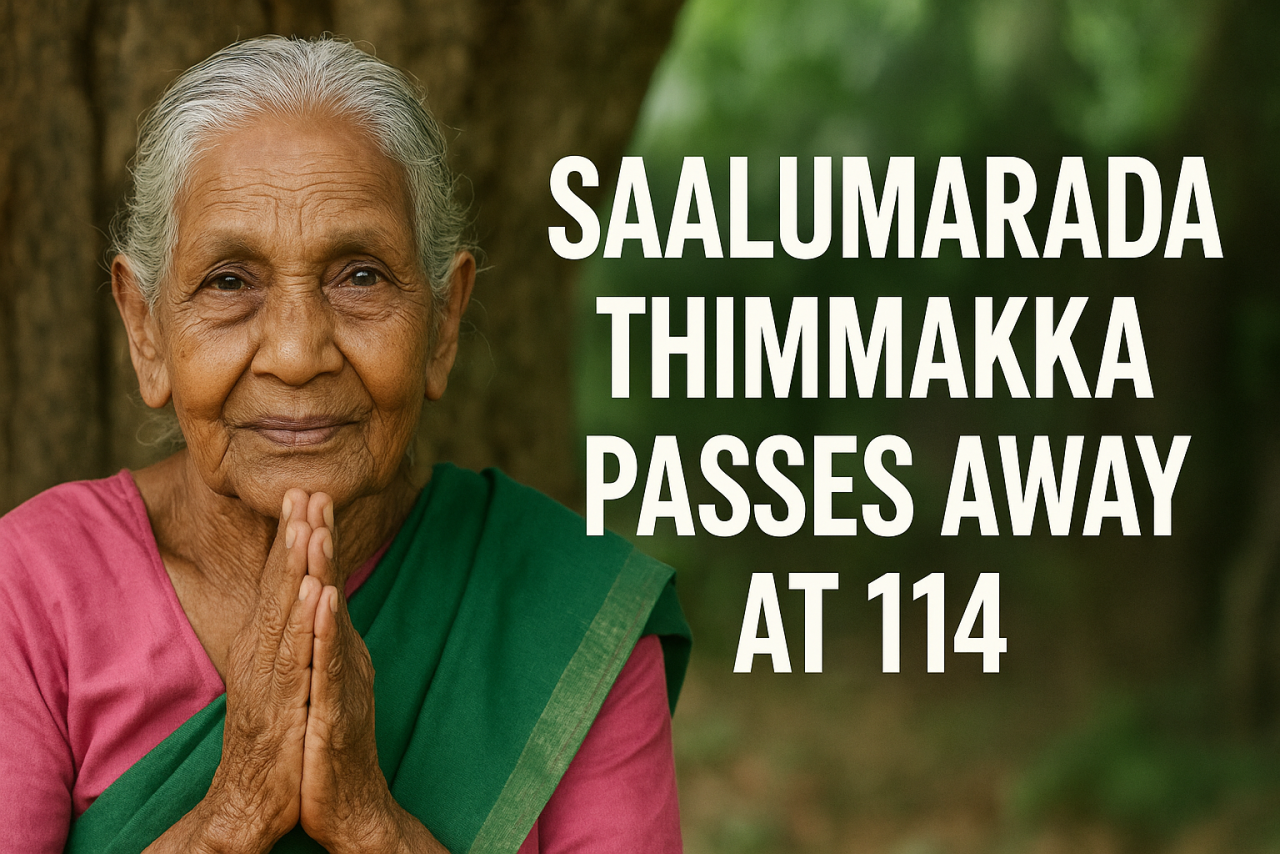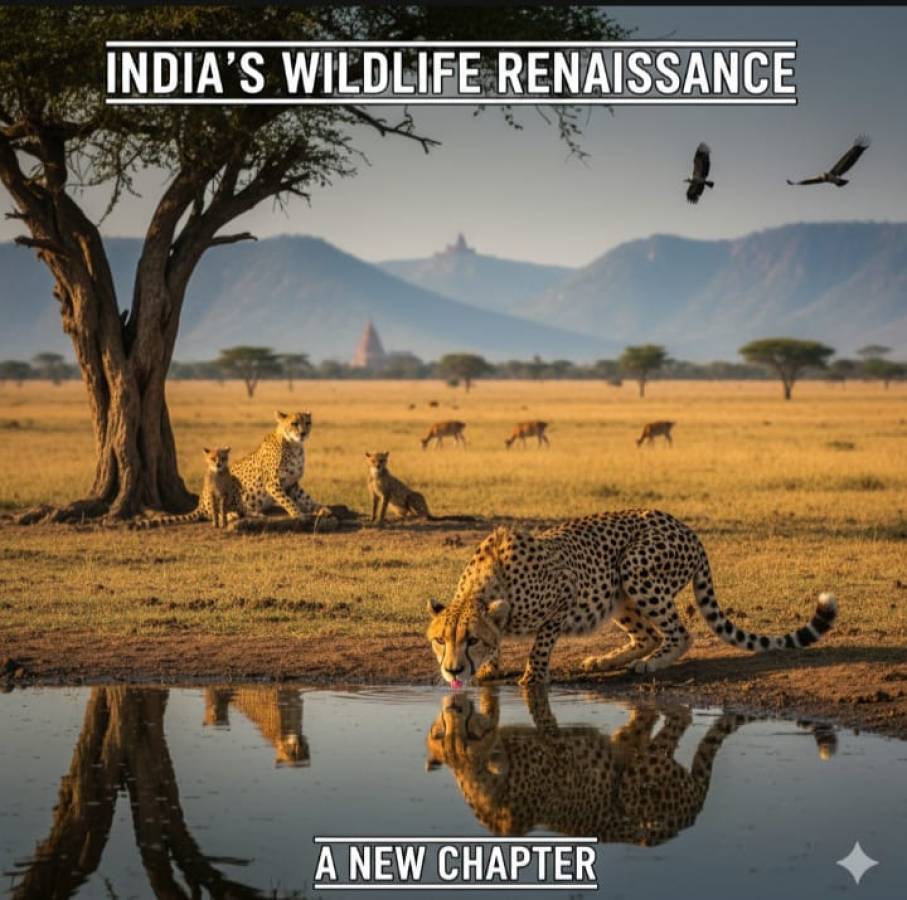
Delhi University’s recent direction to potentially drop several postgraduate papers focusing on Pakistan and China has raised serious concerns about academic freedom, balanced education, and the role of universities in cultivating critical thinking. According to the report, DU’s Standing Committee on Academic Matters (SCOM) asked the political science department to withdraw four discipline-specific electives (DSEs) on topics including “Pakistan and the World,” “China’s Role in the Contemporary World,” “State and Society in Pakistan,” and “Islam and International Relations.” A fifth paper, on “Religious Nationalism and Political Violence,” is still under review.
This development appears to be driven less by academic merit and more by ideological preferences. Committee members reportedly argued that bringing in controversial topics like Pakistan could glorify it or provide undue space to its perspectives. However, removing these topics from the curriculum is not just an academic loss but a pedagogical failure. Universities are meant to provide students with tools to understand global affairs in their complexity, and this cannot be done by limiting syllabi to what is convenient or politically comfortable.
Faculty members like Monami Sinha rightly pointed out that stripping these themes from the syllabus denies students the opportunity to study the political dynamics that directly affect India. With Pakistan and China being two of India’s most significant neighbours, both diplomatically and militarily, excluding them from serious academic scrutiny could result in a generation of students poorly equipped to understand regional geopolitics. This risks producing graduates with a narrow, possibly biased worldview, rather than informed citizens who can engage critically with issues that matter to India’s future.
The rationale provided for dropping the China paper was equally worrying. The committee reportedly asked why only China was being studied and not other neighbouring countries. This argument, while appearing fair on the surface, overlooks the significance of China’s current global and regional role. It is one of the largest economies, an assertive geopolitical actor, and a major influence in India’s security and trade policies. Academic curricula should reflect geopolitical realities, not evade them.
The sociology department did not escape this ideological purge either. The committee objected to the inclusion of Kath Weston’s Families We Choose: Lesbians, Gays, Kinship, arguing that since same-sex marriage is not legal in India, joint family systems should be prioritised. Such logic not only narrows the scope of sociological inquiry but also reveals a troubling discomfort with inclusivity and representation in academia. Sociology, as a discipline, is meant to examine society in all its forms — including those that challenge the mainstream.
What stands out most in this entire episode is the shift toward ‘India-centric’ topics, which seems to be a euphemism for a more inward-looking and ideologically filtered curriculum. Education should not be reduced to a tool of nationalistic conditioning. Exposure to global themes and diverse perspectives enhances intellectual maturity and empathy, traits that any thriving democracy should encourage.
It is important to note that SCOM does not have the final authority over syllabus changes. Final decisions lie with DU’s academic council and executive council. Still, the very direction this discussion is taking signals an alarming trend. Instead of shielding students from complex realities, universities must prepare them to face them with knowledge, courage, and critical thought. Anything less is a disservice to education itself.




